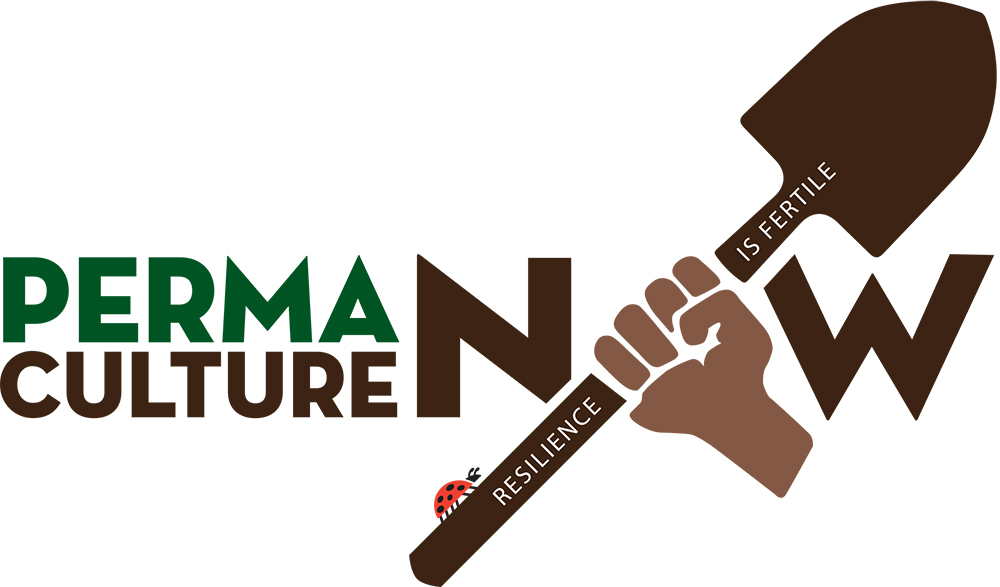International Projects
Central America
Years ago, we were working with a permaculture farm called Finca Bonafide. We had a young neighbor from our town in Port Townsend, Washington, who was awarded a scholarship from the Rotary Club to attend junior year of high school in Argentina. He became bilingual and went on to Brown University.
When we were on our way to do a project in Nicaragua, we asked him to be our translator. We went back to the Rotary Club and asked if they would fund him to be the translator for this project and they did.
We brought in people from the village where we were working, people from Guatemala, El Salvador, and we had indigenous Mayan teachers. It was a confluence of people from around Central America. In our folly, we thought that they would all love each other. It would be a great moment of solidarity for people doing permaculture work in Central America. It wasn’t that facile.
It turned out that the people who came from the agriculture college in Guatemala were of a certain class level that they would not sit at the same table with the campesinos. And the campesinos would not talk to the indigenous people. And then some would not go to the class with the indigenous teacher, and it was intense. My young translating assistant, he was the bridge to all of that. Thank you Rotary Clubs!




Reduce + Reuse
At the end of that project, the students had to do their final design projects. We had made some suggestions to the group with some ideas. The neighboring property to this farm is an organic coffee cooperative that attracts backpackers.
It’s located on this sort of remote side of backpacking but a subset of backpackers would find their way to this island, in the middle of Lake Nicaragua. They get on the chicken bus and go all the way up and end at an end of the road where Coca Cola, Fanta, and plastic water bottles are sold.
The backpackers who are just too lazy to carry their own water filter, would buy a bottle of water every day. Those bottles ended up in the landscape where they would get a little bit of water in them and become a vector for mosquitoes like Dengue fever and all of those things that mosquitoes carry.
In the design course, we suggested to one group that they make a design for a water filtration project product to sell filtered water to tourists. Rather than buy a water bottle they could instead refill their bottle. At the final presentation, someone had come up with a whole design to do a water filtration project. It was impressive.
Potters for Peace
At the end of that class, everyone’s dispersed, everyone’s gone home, and we’re still there when my translator says “There’s still money left over from the Rotary Club. Let’s do this while we’re here.” So we met with the leaders of this organic coffee cooperative, and we got to work.
We found this group called Potters for Peace. And they do this project all over the world where they have these ceramic containers that are filters, and they put colloidal silver in them. They have a whole way that you put this on the top and fill it with water and the water that comes out is filtered. We met with them in Managua and bought several of them.



A New Way
We designed and built the whole system on a manifold and purchased five-gallon water jugs. Then we made this huge sign to put up on the wall in English, Spanish, German and other key languages of the travelers. The sign had a picture of the water and little graphics of the mountain of water bottles. It described the problem and the people from the cooperative were nonchalant, they didn’t really understand, they were just going along with it because we were doing it.
We put the poster up on the wall, we’ve got a manifold so it’s not just like one little water filter, we had like five large water jugs, and instead of it being $1 for a bottle of water with plastic, it was 50 cents to refill your bottle. The first day people walk up, they look at the sign and they hand their bottle over with 50 cents. The person who works the cooperative looks at us and her jaw drops. It became this cash cow for them. Instead of them making a nickel on the bottle and the rest going to Coca Cola, and it helps with their pollution problem. Travelers don’t want to be part of the problem and now we are in their face about the problem.
A Cash Cow
A year or two goes by and we go back to visit that farm and it’s not only still going, but a couple of the clay things had broken so they went themselves to Nicaragua, developed their own relationship with Potters for Peace, and now they have a whole bunch more of them. The original poster is still there and is fading.
They are making hundreds of dollars a day on this project. It became this cash cow for them. Instead of them making a nickel on the bottle and the rest going to Coca Cola, and it helps with their pollution problem. And that money, of course, goes into the communities that are part of the co-op. So again, there’s a “drops fill buckets” moment right there.
In that same project in Nicaragua, we started a seed bank. We did a single moms and children’s permaculture workshop that was based on starting your own nursery and growing more food in your backyard.
JENNY PELL HAS BEEN FEATURED IN




